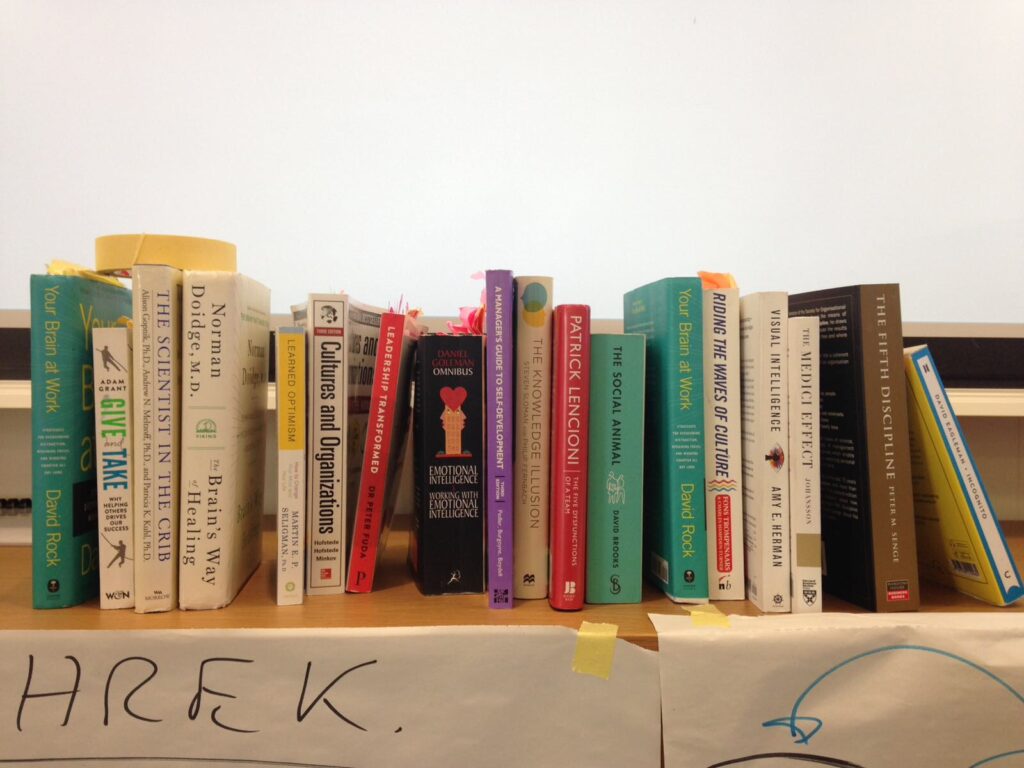The Joy of Talking to Yourself Without Needing a Second Opinion
Some people dread being alone. I book flights for it. Give me a quiet hotel room, a good book, and the option of total social withdrawal, and I’ll show you a man at peace. Blissful, semi-feral peace.
But that wasn’t always the case.
I used to feel guilty about wanting to be alone. Especially when travelling for work. The expectation is:
- Team dinner? Yes, of course.
- Late-night debrief over cocktails? Splendid idea.
- Optional karaoke? Oh… god help us.
But somewhere between a windowless conference room in Warsaw, a ramen shop in Tokyo, and a super-sized salad in suburban Philadelphia, I discovered that solitude wasn’t something to fear—it was a necessity. For my sanity, my creativity, and occasionally, my digestive system.
Solitude vs. Loneliness: Spot the Difference
Being alone doesn’t mean you’re lonely. It just means you’re temporarily free from the conversational minefield of small talk and group decisions about where to eat.
Psychologists define loneliness as the distressing feeling of being disconnected from others, even if surrounded by people.
Solitude, on the other hand, is chosen disconnection. It’s that rare, sacred state where you can hear your own thoughts… and occasionally disagree with them.
Neuroscientifically speaking, solitude allows the default mode network of your brain to activate—a system involved in self-reflection, future planning, and accessing autobiographical memory. It’s like your mind’s back room, where it files away all the stuff you haven’t had time to process.
In short, you need solitude to make sense of your life. And possibly your inbox.
Strange Places I Found Myself Gloriously Alone
1. Poland – The 4 am Pierogi Epiphany
I once snuck out of a leadership offsite in Warsaw and wandered into an all-night pierogi bar. I ate alone. Slowly. Three kinds of dumplings. I wasn’t sad. I was meditative. Somewhere between mushroom and cabbage, I realised I hadn’t said a word in two hours and felt better than I had in weeks.
It’s amazing how little you miss other people when the food is that good and no one is asking for a breakout session.
2. Japan – The Vending Machine Revelation
In Kyoto, I spent an entire Sunday saying absolutely nothing to anyone. I communicated entirely through vending machines, ticket machines, and the facial expression of a very patient ramen chef. It was magnificent.
Japan, of course, reveres silence. There’s even a concept called “Ma” (間) — the pause between things—the space between sounds, moments, or thoughts. Western minds hate it. Japanese minds breathe in it.
And there I was, halfway through a bowl of noodles, alone, thinking: Why don’t I do this more often?
3. USA – The Airport Car Park Monologue
After a week-long conference in Houston where I spoke 14 hours a day and smiled like my cheeks were on commission, I sat in a rental car park in silence for 45 minutes. I didn’t move. I didn’t scroll. I just stared at a concrete pillar and had a whole one-man philosophical debate about buying a dog.
I don’t even want a dog. But that’s what happens when your brain finally gets some airtime.
Weird Theories (and Weirder Tools) for Embracing Solitude
1. “Socratic Solitude”
This is my term, not an official one (yet). I basically talk to myself using Socratic questioning like I’m being interrogated by a calm, judgmental inner barrister:
“Why are you avoiding that email?”
“What are you actually worried about?”
“Is the loft really more important than your sanity?”
Turns out, when you ask yourself questions out loud in a posh accent, you find answers surprisingly quickly.
2. “Dérive” – The Art of Aimless Wandering
Coined in the 1950s by Guy Debord, a French Marxist theorist and founding member of the Situationist International (who I assume smoked a lot and didn’t own diaries), the dérive is a practice of drifting through a city with no destination, letting the environment pull you. No phone. No agenda.
I tried this in Chicago once. Ended up in a Ukrainian bakery, then a taxidermy shop, and finally a gospel service where I accidentally became part of a choir for six minutes. 10/10, would recommend.
3. The Empty Chair Technique
Originally a Gestalt therapy tool, this involves talking to an empty chair as if someone important is sitting in it.
I do this with inanimate tasks. For example:
“Hello, Travel Expenses Spreadsheet. We meet again. You smug little git.”
It sounds daft. But naming the things that take up space in your head (and giving them a seat) helps shrink their power.
The Upside of Being Alone
When you’re alone:
- You stop performing.
- You stop comparing.
- You stop censoring your thoughts mid-sentence.
- You remember what your actual voice sounds like without a Zoom delay or social filter.
Solitude is a space for recalibration. It’s the mental exhale we often skip. It’s the reminder that, while connection is beautiful, you are enough company when the noise dies down.
So What’s the Point, Steve?
The next time you’re offered the chance to opt out—of the dinner, the drinks, the unnecessary debrief—take it.
Order room service. Sit quietly. Stare at a wall. Argue with a spreadsheet. Wander aimlessly. Whisper to a vending machine.
Being alone doesn’t mean something’s wrong. It just means your brain needs a word. Give it the floor.
Next Week:
I’ll be exploring “Breathing Like You Mean It” — how to stop, breathe, and reset without needing a Himalayan soundtrack or a yoga mat from John Lewis.
Off now to a quiet café corner in Spain to drink coffee in silence and ignore a small group of British tourists arguing about sunbeds.
Back soon,
Steve



